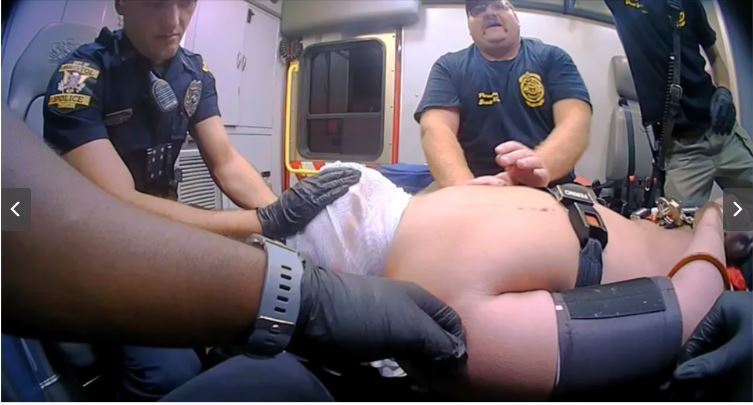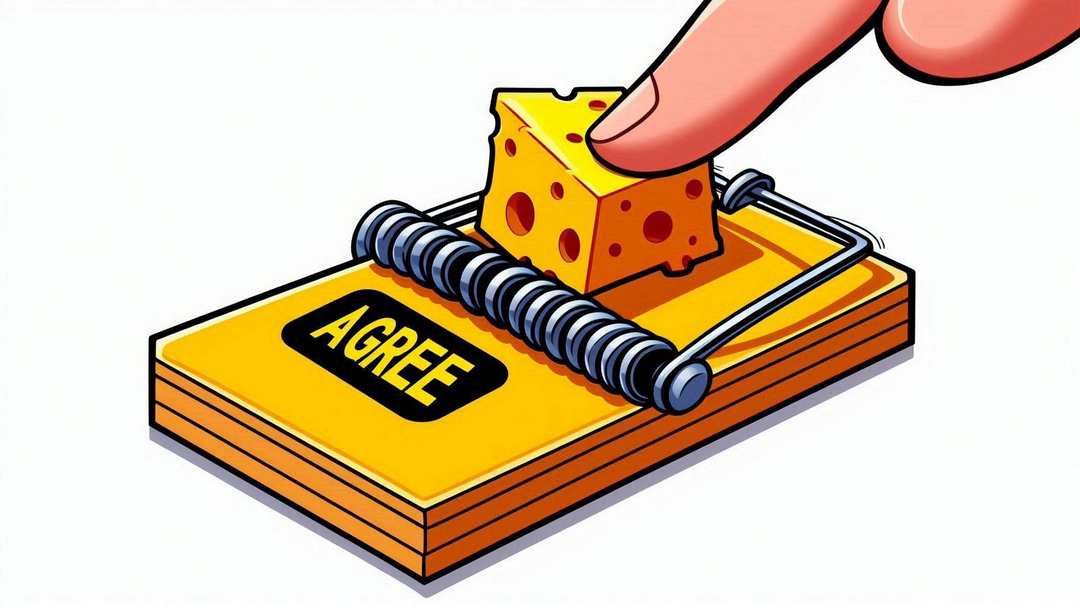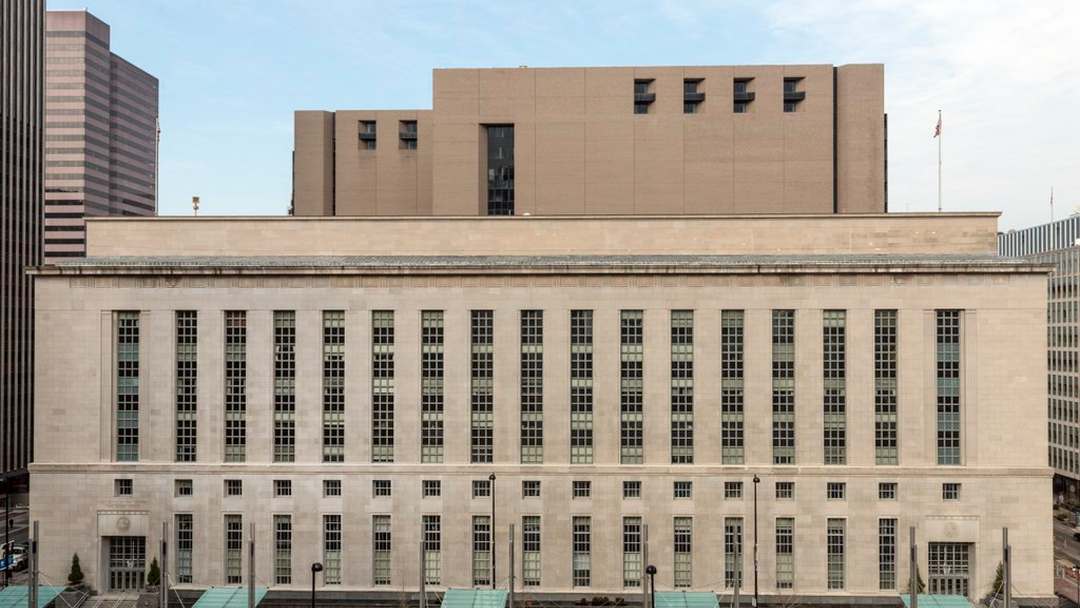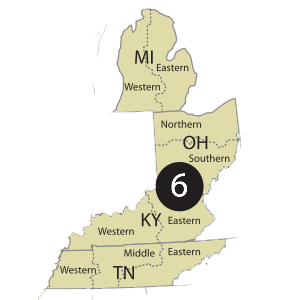Kentucky State Police officers searched Edward Lewis’s laptop, cell phone, and thumb drive and found evidence of child pornography. Lewis moved to suppress the evidence, arguing that it was obtained through an unlawful search and seizure of his electronic devices
United States 6th Circuit Court of Appeals
Districts Covered:
- Eastern District of Kentucky
- Western District of Kentucky
- Eastern District of Michigan
- Western District of Michigan
- Northern District of Ohio
- Southern District of Ohio
- Eastern District of Tennessee
- Middle District of Tennessee
- Western District of Tennessee
Case: United States v. Lewis
e-Journal #: 80155
Court: U.S. Court of Appeals Sixth Circuit ( Published Opinion )
Judges: Moore, Clay, and Gibbons
Concerns:
Search & seizure; Motion to suppress evidence; Validity of a search warrant; “Probable cause”; Applicability of the good-faith exception to the exclusionary rule; United States v Leon; Whether reliance on the search warrant was reasonable; A “bare bones” affidavit; United States v Weaver; United States v White; Nathanson v United States; Aguilar v Texas;
Exceptions to the warrant requirement; Consent; Applicability of the plain-view doctrine; Forfeiture
Summary:
The court held that some of the evidence taken from defendant-Lewis’s electronic devices “was obtained through searches and seizures that were not supported by a valid warrant or a valid claim to an exception to the warrant requirement.”
Thus, it reversed the order denying his motion to suppress, vacated his conviction, and remanded. After his motion was denied, he signed a conditional plea agreement pursuant to which he pled guilty to producing child pornography “but retained his right to appeal the district court’s suppression order and to withdraw his plea if he prevailed on that appeal.”
On appeal, the government did not dispute that the affidavit in support of the search warrant (made by a detective, G) did not establish probable cause, and the court held that it “violated the Fourth Amendment’s probable-cause requirement.”
The district court found the good-faith exception to the exclusionary rule applied. The issue here was “whether law-enforcement officers reasonably relied on the search warrant.” The court concluded they did not because G’s affidavit “was a bare-bones affidavit.”
The court found that, viewing it “under the totality of the circumstances, ‘the combined boilerplate language and minimal . . . information provide few, if any, particularized facts of an incriminating nature and little more than conclusory statements of affiant’s belief that probable cause existed regarding criminal activity.’”
It determined that in “omitting the essential facts of his investigation and communicating only his bottom-line conclusion, [G] asked the magistrate to find probable cause based solely on his say-so.
‘No reasonable officer could have believed’ under those circumstances ‘that the affidavit was not so lacking in indicia of probable cause as to be reliable.’” The court found that the “affidavit here much more closely resembles the bare-bones affidavits in Nathansonand Aguilar than the affidavit in White.”
It rejected the government’s suggestion “that ‘reasonable inferences’” could rescue the affidavit. The court held that applying the good-faith exception under the circumstances here “would be inappropriate.”
As to the government’s reliance on the consent exception to the warrant requirement, the “district court did not clearly err in finding that [G] and the other law-enforcement officers exceeded the scope of Lewis’s consent when they seized his electronic devices and forensically examined them.” And the government forfeited its plain-view argument and did not show plain error.
FAQ for United States v. Lewis
Q: What is United States v. Lewis?
A: United States v. Lewis is a 2023 case decided by the United States Court of Appeals for the Sixth Circuit. The case involved a defendant who was convicted of producing child pornography. The defendant argued that the evidence obtained from his laptop and cell phone should have been suppressed because the search warrant was invalid.
Q: What was the outcome of the case?
A: The Sixth Circuit vacated the defendant’s conviction and ordered a new trial. The court found that the search warrant was invalid because it did not establish probable cause. However, the court also found that the officers had acted in good faith in reliance on the warrant, so the evidence would not be suppressed.
Q: What is the significance of the case?
A: The case is significant because it reaffirms the importance of probable cause in search and seizure cases. The court also held that even if a search warrant is invalid, the evidence obtained may not be suppressed if the officers acted in good faith in reliance on the warrant.
Q: What are the implications of the case for law enforcement?
A: The case reminds law enforcement that they must have probable cause before obtaining a search warrant. The case also highlights the importance of acting in good faith when executing a search warrant.
Q: What are the implications of the case for defendants?
A: The case is a reminder to defendants that they have the right to challenge the validity of a search warrant. If a defendant believes that a search warrant is invalid, they should file a motion to suppress the evidence obtained from the search.
OTHER FAQ
Q: What is the difference between probable cause and reasonable suspicion?
A: Probable cause is a higher standard than reasonable suspicion. Probable cause is required to obtain a search warrant, while reasonable suspicion is required to conduct a Terry stop.
Q: What is a Terry stop?
A: A Terry stop is a brief detention of a person by law enforcement based on reasonable suspicion that the person is involved in criminal activity.
Q: What is a motion to suppress?
A: A motion to suppress is a motion that a defendant can file to ask the court to exclude evidence from trial. A defendant may file a motion to suppress if they believe that the evidence was obtained in violation of their constitutional rights.
Q: What happens if a defendant’s motion to suppress is granted?
A: If a defendant’s motion to suppress is granted, the court will exclude the evidence from trial. This means that the government will not be able to use the evidence to prove its case against the defendant.
Q: What happens if a defendant’s motion to suppress is denied?
A: If a defendant’s motion to suppress is denied, the government will be able to use the evidence against the defendant at trial. However, the defendant may still be able to challenge the evidence at trial on other grounds, such as relevance or hearsay.
More Posts

Warrantless Searches in Michigan
I don't need a warrant for that...In Michigan, as in the rest of the United States, the Fourth Amendment of the fading Constitution provides individuals with protection against unreasonable searches and seizures by law enforcement. Generally, this means that police...

One of Michigan’s Top DUI Attorneys
We aggressively defend all aspects of traffic law, from simple civil infractions to more serious alcohol and drug-related offenses. Don't wait till the last second to get an attorney. That's how you lose.Why Attorney Michael Komorn is one of Michigan’s Top DUI...

Michigan DUI Laws and Consequences – Second Offense
Michigan DUI Laws and Consequences – Second Offense Operating Under the Influence (OUI) is a serious offense in Michigan. If someone is caught driving under the influence of alcohol or drugs, they can face severe penalties. When it comes to a second offense, the...

Federal Ban on Owning Firearms by Cannabis Consumers is Unconstitutional Court Says
Federal charges against a non-violent, cannabis-using gun owner were unconstitutional.A federal appeals court panel upheld a lower court's ruling on Wednesday, declaring that federal charges against a non-violent, cannabis-using gun owner were unconstitutional. “The...

AG Nessel joined 21 attorneys general to regulate the sale of firearms
Extreme Risk Protection Order to prevent individuals from possessing or owning a firearm for eight years following their conviction. That legislation was signed into law by Governor Gretchen Whitmer in November of 2023.Michigan Attorney General Dana Nessel has joined...

Michigan DUI Laws and Consequences – First Offense
First Offense DUI in Michigan: Laws and ConsequencesFacing a first offense DUI in Michigan can be daunting as the implications are significant and the legal landscape is complex. Understanding the laws surrounding Operating While Intoxicated is essential, as these...

Michigan Supreme Court to Hold Public Administrative Hearing
On September 18, 2024, the Michigan Supreme Court will conduct a public administrative hearing, providing an opportunity for citizens and legal professionals to engage directly with the state's highest court. This hearing, held via Zoom and livestreamed on YouTube,...

Nuclear waste headed to southeast Michigan landfill
What happened to the nuclear waste from the Manhattan Project? It's coming to Michigan so New York can be a cleaner place.August 2024, the U.S. Army Corps of Engineers is transporting nuclear waste from the Manhattan Project (Read it) to the Wayne Disposal facility in...

Video kept from family shows police force not drugs killed son
police and paramedics inflicted “inhumane acts of violence”A mother has filed a federal lawsuit claiming that, while her son was experiencing a seizure in his Tennessee apartment, police and paramedics inflicted “inhumane acts of violence” on the 23-year-old instead...

What could happen when you click the – I agree – box?
Wrongful death suit against Disney serves as a warning to consumers when clicking ‘I agree’A wrongful death lawsuit involving Walt Disney Parks and Resorts highlights the critical importance for consumers to meticulously review the fine print before registering for a...









